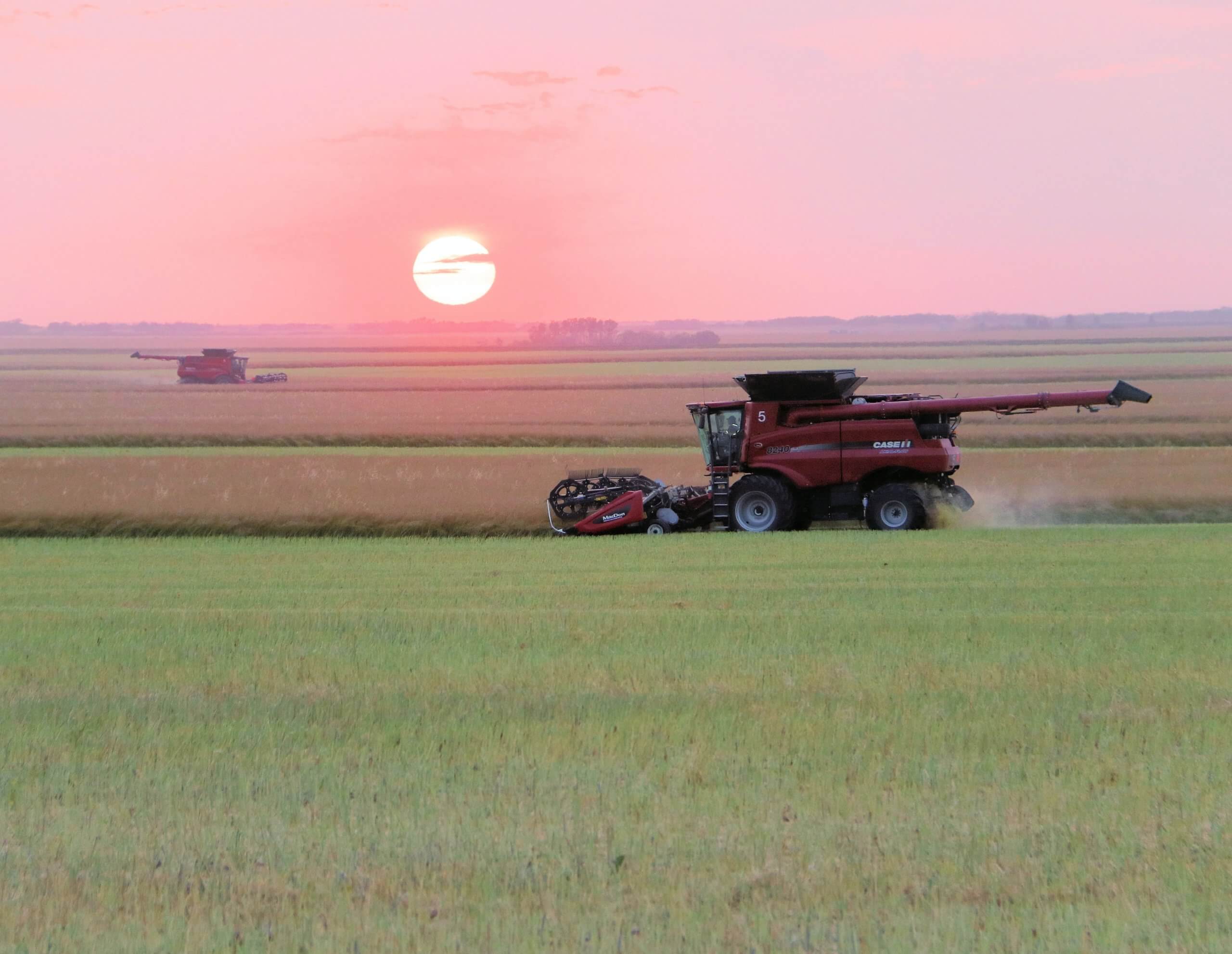Rural communities experiencing aging and declining populations, business owners approaching retirement, and significant shifts in industries is an all too familiar story. And news stories on rural trends are often bleak, and extensive statistical analyses from entities like Statistics Canada often don’t highlight outliers and gems.
While this bleak story carries some truth, and it certainly is challenging for some communities, according to Mary Doyle, co-founder of Rural on Purpose, things are not as dire as they seem. In fact, with the right mindset, rural communities have a bright future.
Doyle is “fearlessly optimistic” about the future of rural communities and “fuelling entrepreneurial ambition” in rural leaders across Canada. She says rural people are “doing amazing things.” And if communities are creative, they can be first-choice places to work, live and play – both now and into the future.
Living Rural On-Purpose
“In 2017, when we started, I had just read an article about rural development in the age of cities, where it referred to small towns as quaint weekend retreats for the wealthy and the bored. And reading that really got under my skin at the time, and it still does,” Doyle said. “And so, I wrote my first blog, and that was kind of the trigger for everything.”
Since posting that first blog, Doyle has been a vocal champion for developing an entrepreneurial mindset and thinking creatively about growing and thriving rural communities. Her work has led to a formal partnership with StartUp Canada and the creation of the Coworking Takeover Challenge™. This program builds a “freelance friendly” ecosystem in a community in just 30 days and has seen success throughout North America.
“My concern was that rural communities were trying to solve the problem of a declining population by positioning themselves as alternatives to urban living with low housing costs, and I was really concerned about that,” said Doyle. “And I thought, we have to be really careful that we don’t get exactly what we asked for – a community of people who didn’t pick us first and aren’t invested in our future.”
“Rural communities, I believe, deserve to be the first choice of anyone who lives in them,” she said.
Having an Entrepreneurial Mindset
And this is where having an entrepreneurial mindset comes in.
“You don’t have to be a businessperson to think entrepreneurially or have an entrepreneurial mindset,” Doyle said. “You just have to have the drive and the desire to do things and create change and try things out and be open and be optimistic.”
Part of having an entrepreneurial mindset is defining a view of the future. This future is a goal rural leaders can aim for – it’s their north star. Once the north star is in place, a group of leaders working together can take steps to try and reach that goal.
Creating a Bright Future
“I believe that creating the future is what we’re trying to do, and not waiting for someone to tell us what the future has in store for us,” Doyle said.
Rural people have a history of innovation and being independently minded. This creative problem-solving and DIY spirit has led to numerous groundbreaking agricultural inventions and is why cooperatives have thrived in rural communities across the prairies.
But applying an entrepreneurial mindset to community development can be a shift in perspective for some rural people. Quite often, the consensus in rural communities is “But what can you do about it?” or “It’s all been done before” when faced with social or cultural challenges.
Optimism is Infectious
Doyle suggests that by taking an entrepreneurial approach to rural development, community leaders can create a space that is not simply a cheaper alternative to urban living. Instead, these communities will attract new people and be desirable places to live. But someone has to take the first step.
“It’s key to have a positive mindset about the future,” said Doyle. “And I think the more we can hone that skill and the more we can develop it and the more we can practice it – practicing is the most important thing of all – the better we’ll get because an object in motion stays in motion. Once you get some momentum and some energy in a community, you become irresistible to other people. And people want to join, and they want to get involved [because] optimism is infectious.”

 Written by
Written by 



